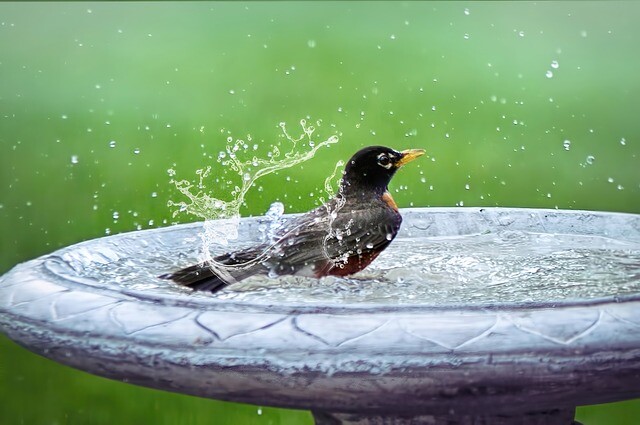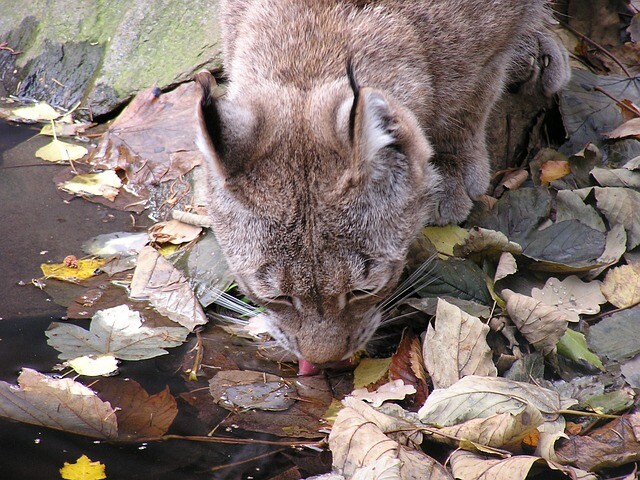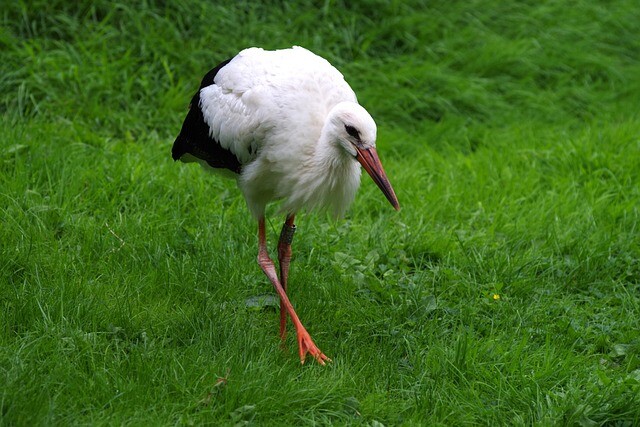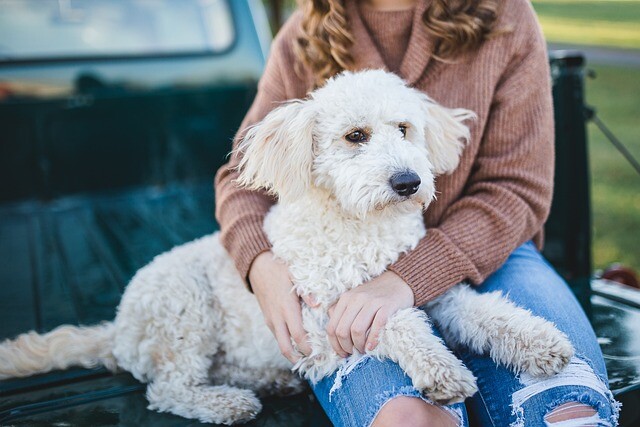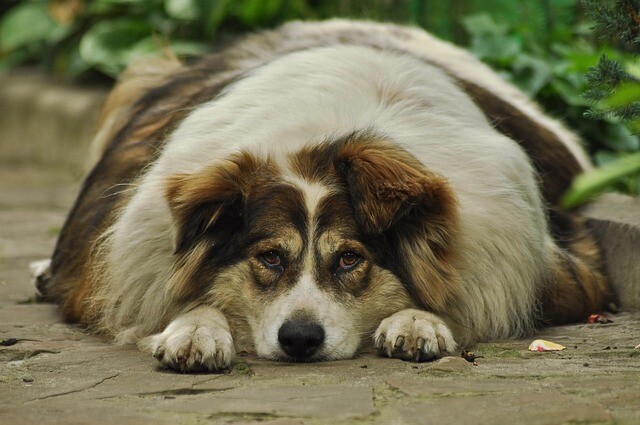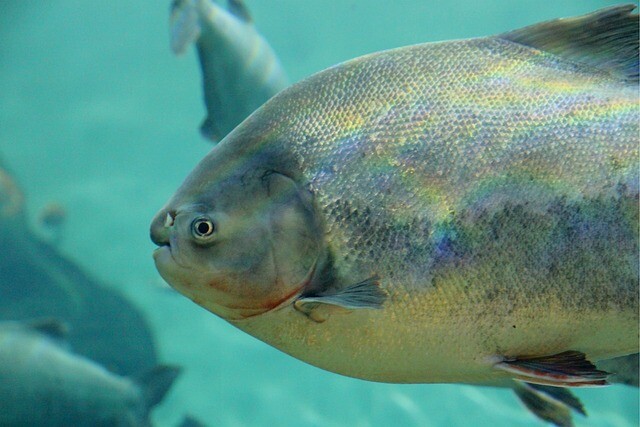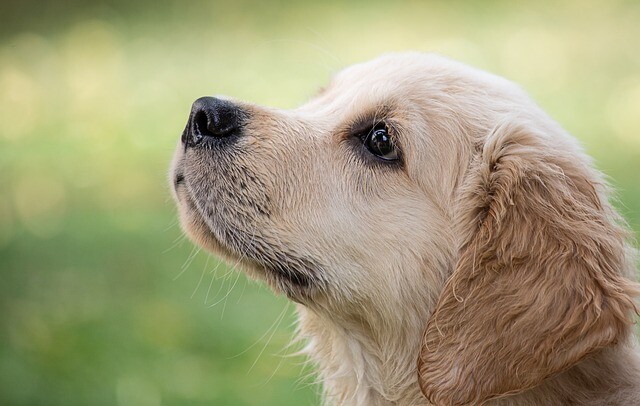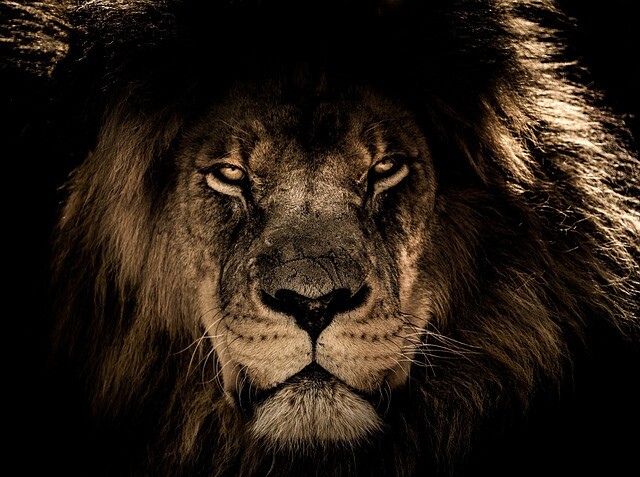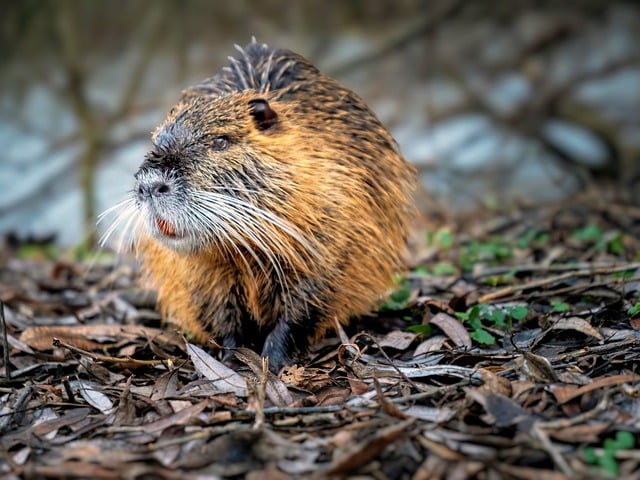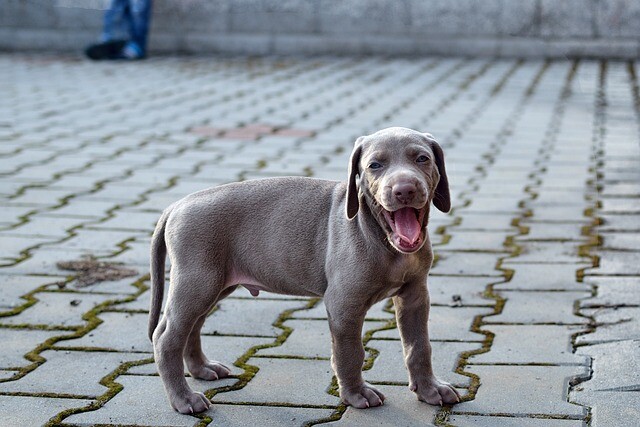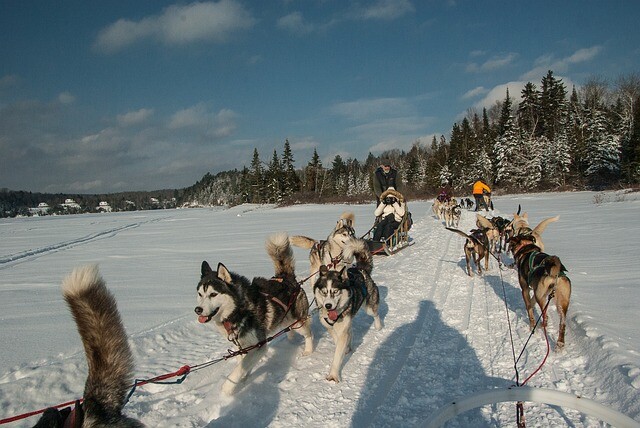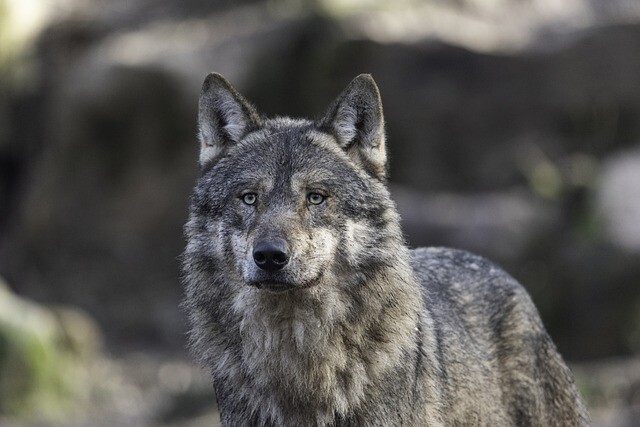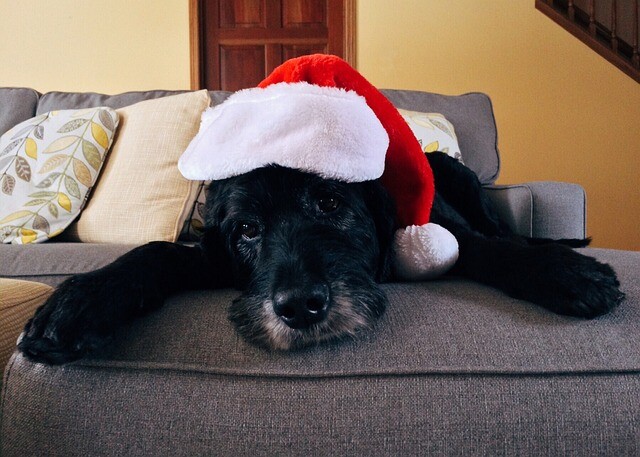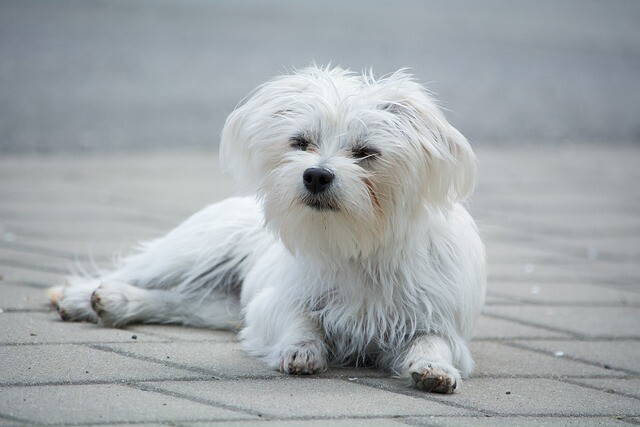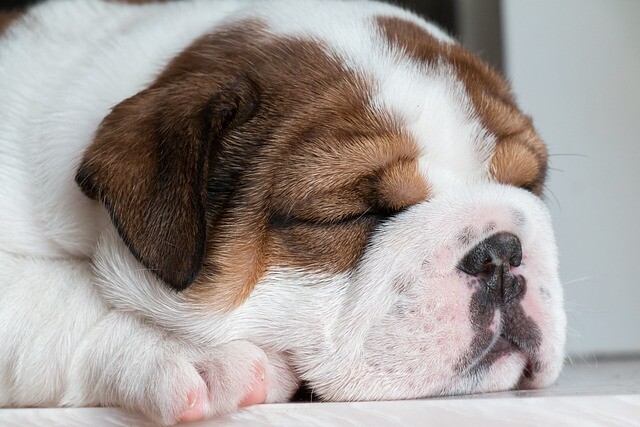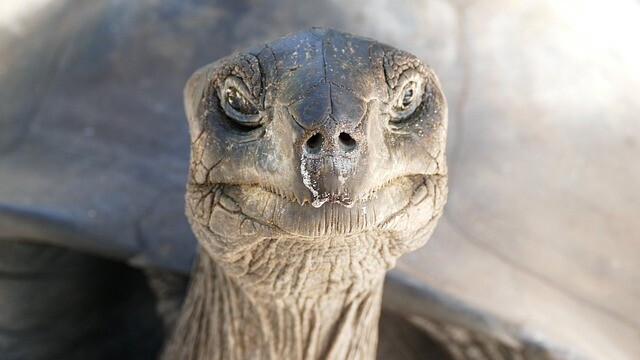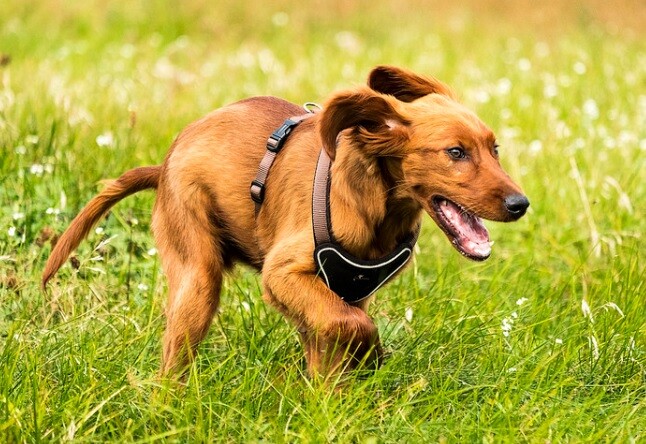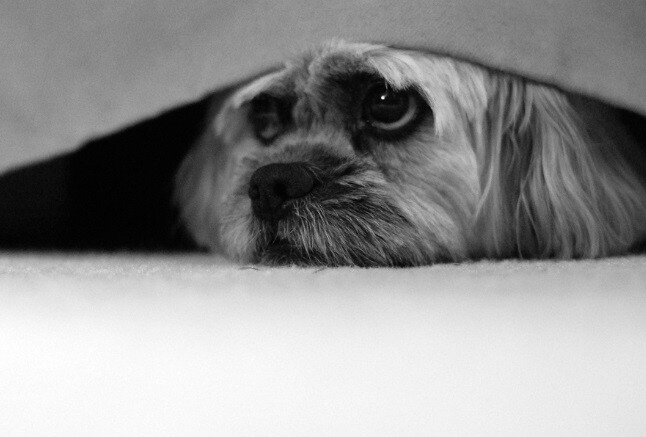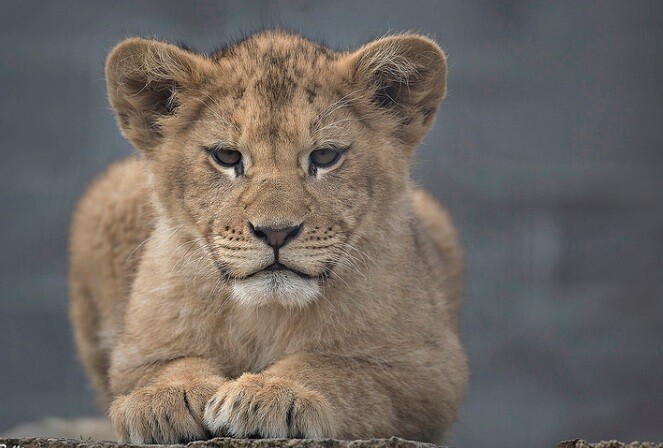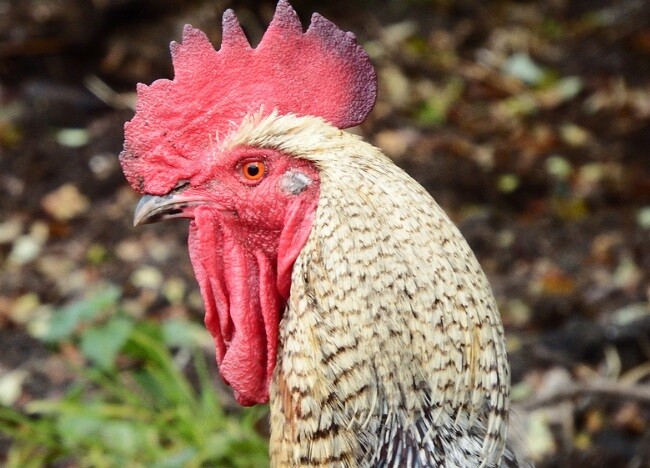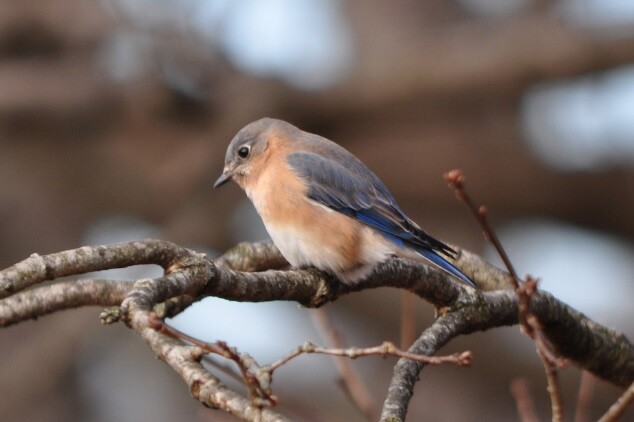Autumn and winter things for farmers
Each season has its own characteristics and it is necessary to take care of our animals accordingly.
In the summer we have to take care of the heat, the burning, the proper hydration, but in the fall and winter there are even more worries to look out for. Sunburn is no longer a problem, but cold weather is much more so. Our animals living outside need a place, a house that is insulated, where they can linger in cold, humid weather.
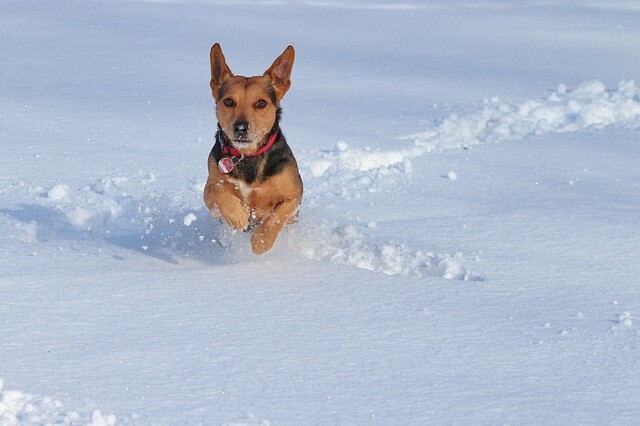
The straw-lined space is adequate, but only if the size of the house itself is optimal. This means that the puppy can turn in it. Too big and too small a dog house is useless or does not provide adequate protection. Keeping animals on a more energy-rich diet in the winter and fresh drinking water are just as necessary as in the summer. Regular walks are also important for indoor dogs, but taking into account the weather conditions. In the great cold, it may be advisable to wear a jacket or hood for short-haired dogs.
Ticks can be present in both fall and winter, although we think less about this during this period. One of the most common diseases spread by bloodsuckers is babesiosis, which causes lethargy, depression, and loss of appetite in dogs. This is worth paying attention to, and if the oddity is experienced by the owner, the veterinarian, then the disease can be cured with professional treatment. Prevention can still play a big role, therefore. Products that inhibit the appearance of fleas and ticks can prevent trouble.
For more curiosities, please visit our Facebook page!
(Source: kotikedvenc.co.hu | Pictures: pixabay.com)

